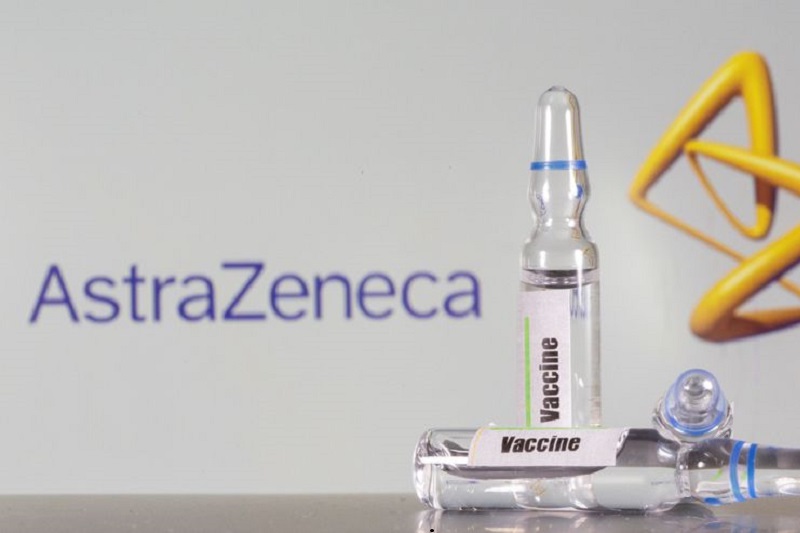Street Calls of the Week
LONDON - AstraZeneca PLC (LON:AZN) and Daiichi Sankyo Company, Limited have announced that their drug Enhertu (trastuzumab deruxtecan) has shown a statistically significant improvement in pathologic complete response (pCR) for patients with high-risk HER2-positive early-stage breast cancer. The findings come from the DESTINY-Breast11 Phase III trial, which is the first to reveal the benefits of Enhertu in the early stages of breast cancer.
The trial compared Enhertu followed by a regimen of paclitaxel, trastuzumab, and pertuzumab (THP) to the standard of care in the neoadjuvant setting, which is treatment given before surgery. Results indicated that Enhertu followed by THP led to a higher rate of pCR, meaning there was no evidence of invasive cancer cells in the removed breast tissue and lymph nodes following treatment.
While the secondary endpoint of event-free survival (EFS) was not mature at the time of analysis, early trends showed a positive direction for Enhertu followed by THP compared to the standard of care. The trial will continue to monitor EFS as part of its ongoing evaluation.
The safety profile of Enhertu followed by THP was also reported to be improved compared to the standard of care, with no new safety concerns identified. Rates of interstitial lung disease, a potential side effect, were similar across both treatment arms.
This news comes as a potential advancement in the treatment of early-stage breast cancer, particularly for those considered high-risk, where the current treatment regimens can be difficult for patients to tolerate and may lead to long-term cardiovascular side effects. Achieving pCR is associated with improved long-term outcomes, and nearly half of patients receiving neoadjuvant treatment do not reach this benchmark, highlighting the need for more effective treatment options.
Susan Galbraith, Executive Vice President of Oncology R&D at AstraZeneca (NASDAQ:AZN), emphasized the potential of Enhertu to become a new standard of care, while Ken Takeshita, Global Head of R&D at Daiichi Sankyo, pointed to the promising new treatment approach that Enhertu could offer patients prior to surgery.
The companies plan to present the data from the DESTINY-Breast11 trial at an upcoming medical meeting and share the findings with regulatory authorities. Enhertu is a HER2-directed antibody drug conjugate (ADC) that has already shown improved outcomes in six Phase III breast cancer trials across different subtypes and stages of disease.
The results of the DESTINY-Breast11 trial are based on a press release statement and have not been peer-reviewed at this stage.
This article was generated with the support of AI and reviewed by an editor. For more information see our T&C.
